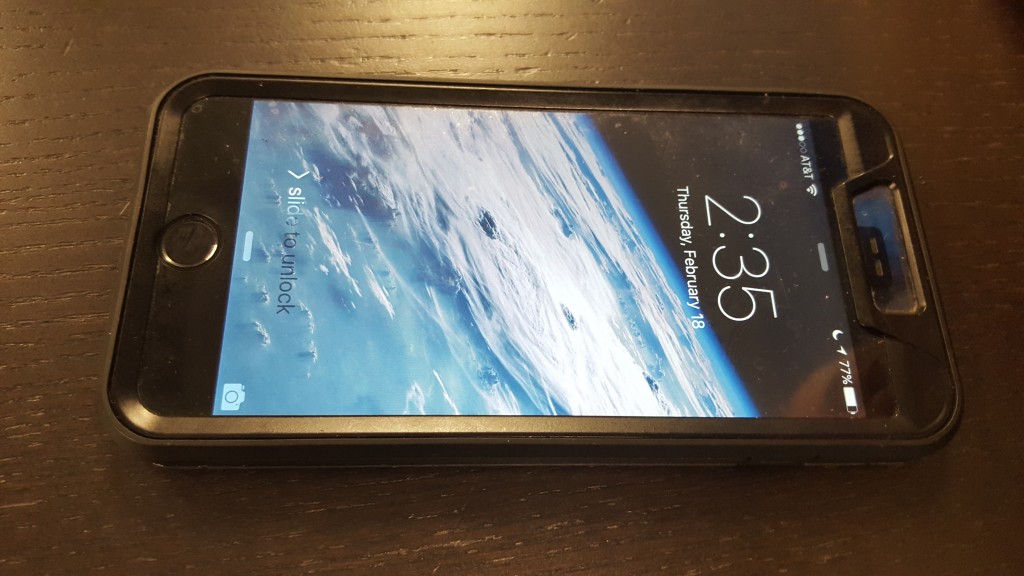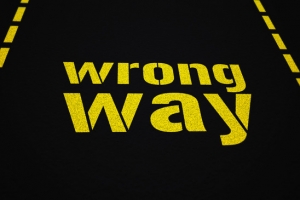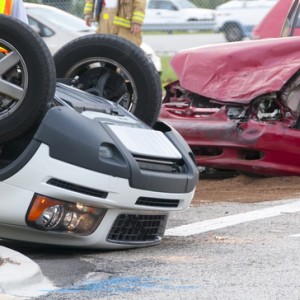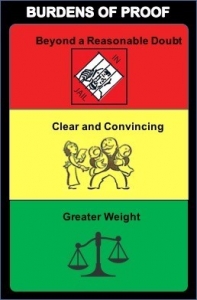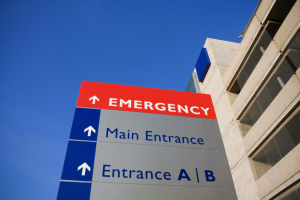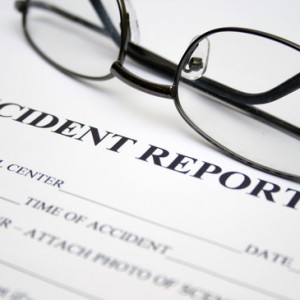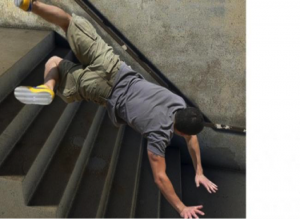There are many reasons why a person can lose a driver’s license in Florida, and not all of these reasons are driving related.
For instance, you can lose your license for acts of vandalism, such as graffiti, truancy, and for not being able to pay court fees. These laws currently put poor and disenfranchised communities at a disadvantage. They essentially say—if you can’t pay court fees, you can’t drive. In Florida, being able to drive often gives individuals access to better job opportunities. The old laws create a cycle where individuals are penalized for small crimes in a way that then limits their ability to move freely through the community.

While there are many risk factors for dangerous and negligent driving, there definitely haven’t been many studies to support the link between court fee indigence and car accidents. Youths who commit small crimes such as vandalism or truancy may also find themselves paying the price months later.
 Miami Personal Injury Attorney Blog
Miami Personal Injury Attorney Blog



